
Why Are Humans So Curious?
Curiosity is a hallmark of the human experience. But why?
Recommendation
Humans have long celebrated their penchant for exploration and novel innovations. As the late British author Ken Robinson said, “Curiosity is the engine of achievement.” Canadian ice-hockey goaltender Maxime Lagacé goes a step beyond, suggesting that “curiosity and questions will get you further than confidence and answers.” What he fails to mention is that “further” sometimes means “off the edge of a cliff.” Humans are curious, and curiosity has served them well, but according to this Live Science article by journalist Grant Currin, it also has probably led to a lot of death and destruction.
Summary
About the Author
Grant Currin is a science journalist whose work has appeared in National Geographic, Scientific American, WIRED and Curiosity Daily.








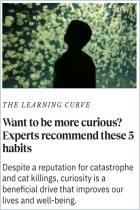
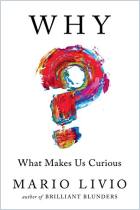

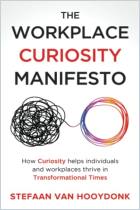
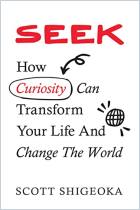
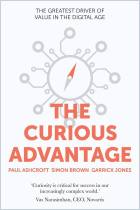

Comment on this summary or Démarrer une discussion